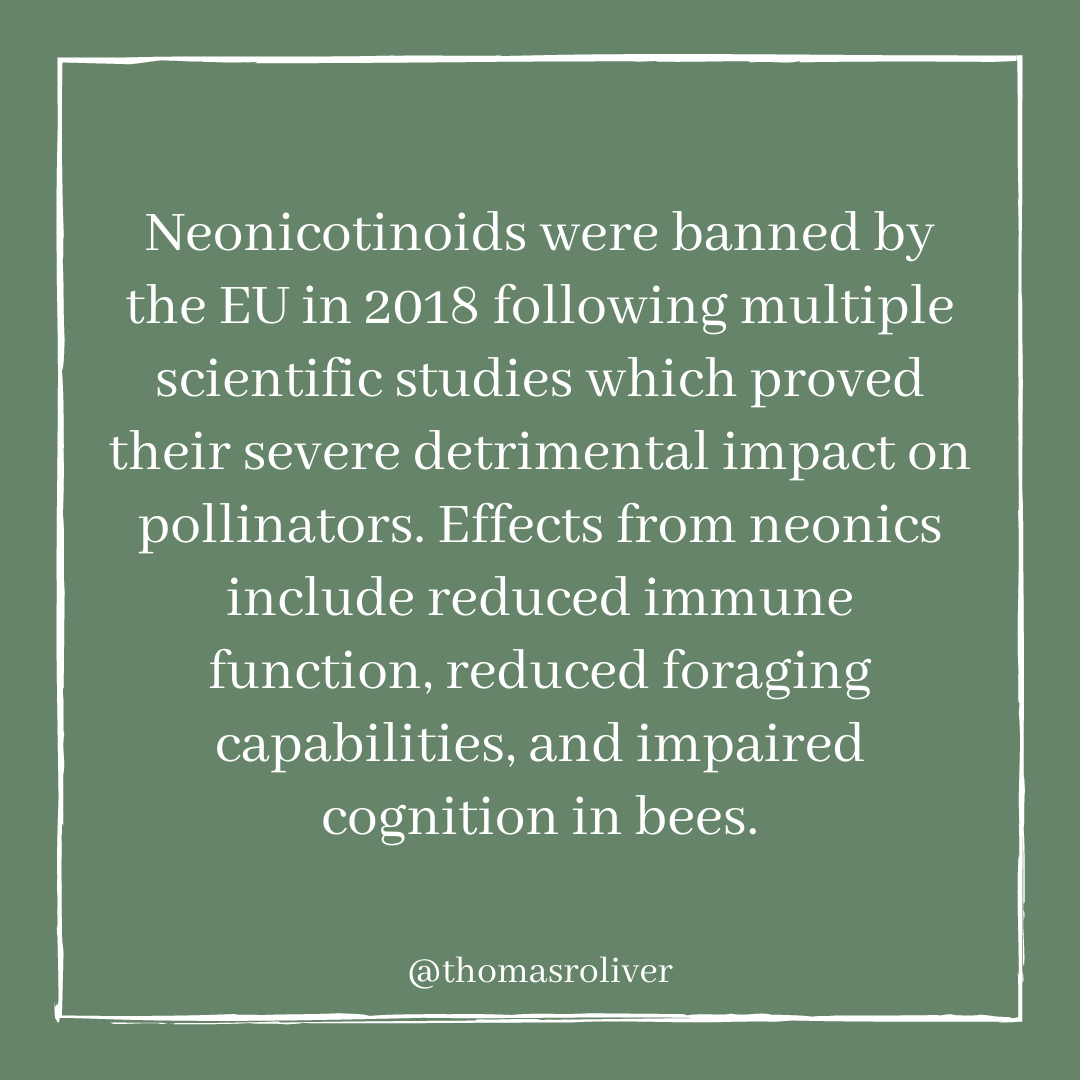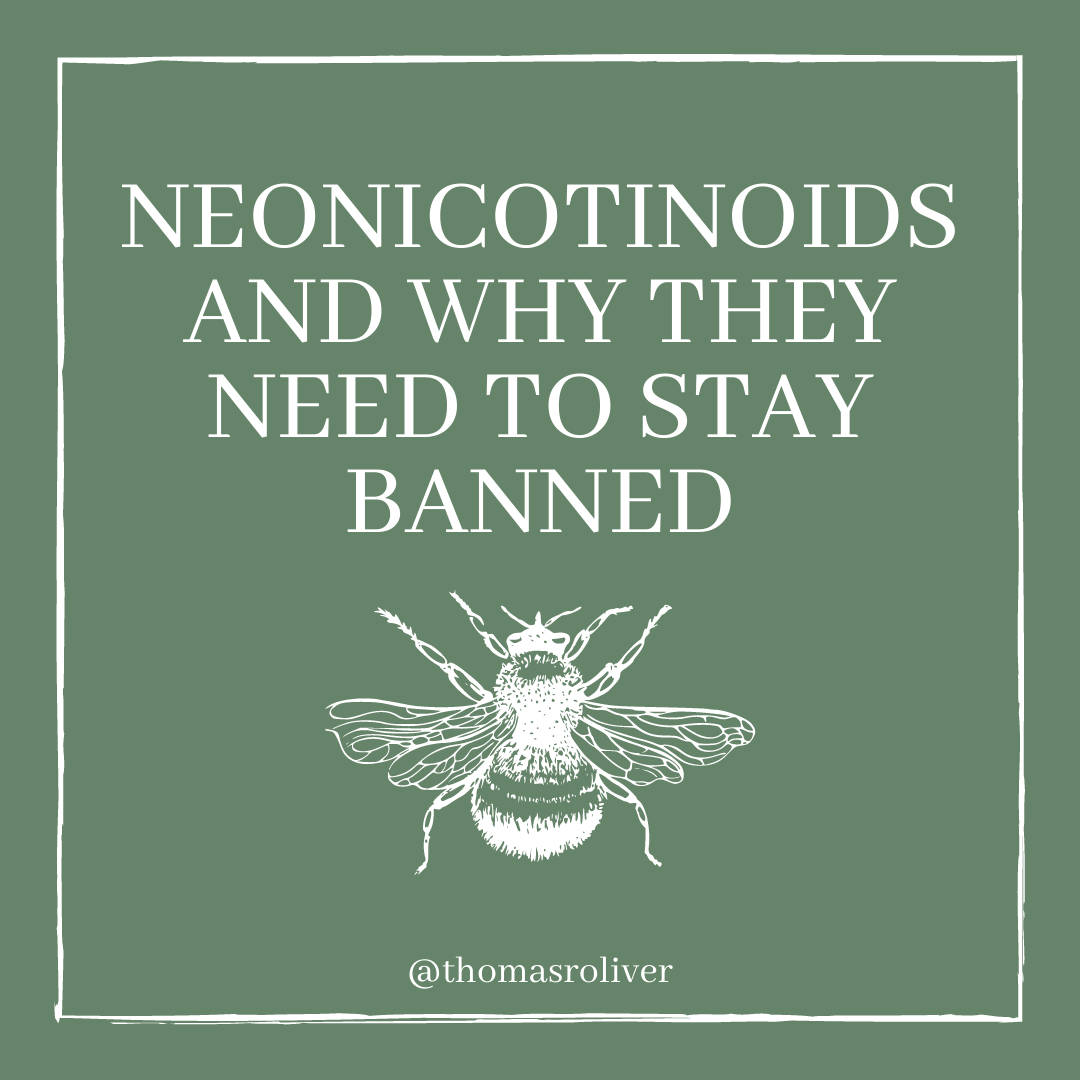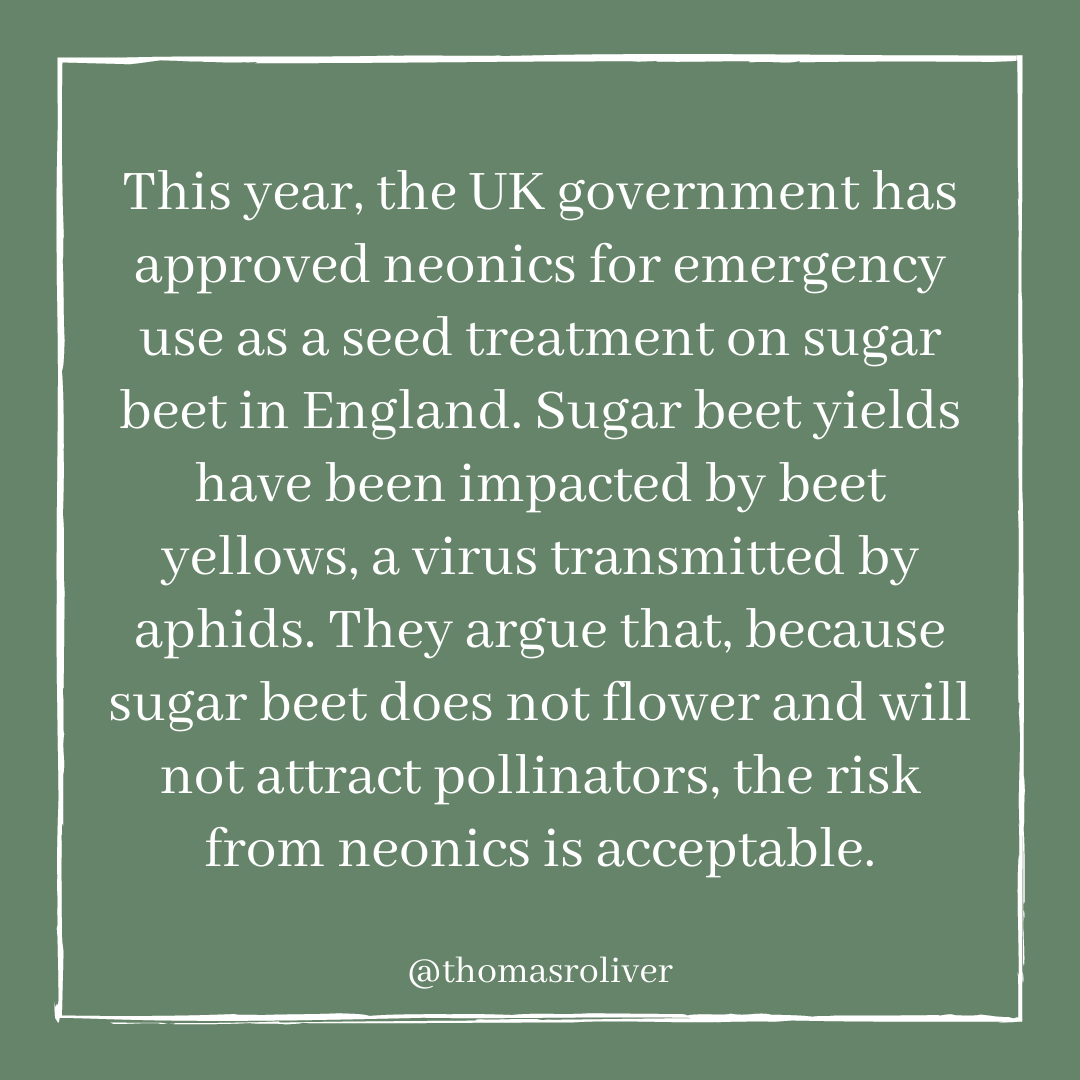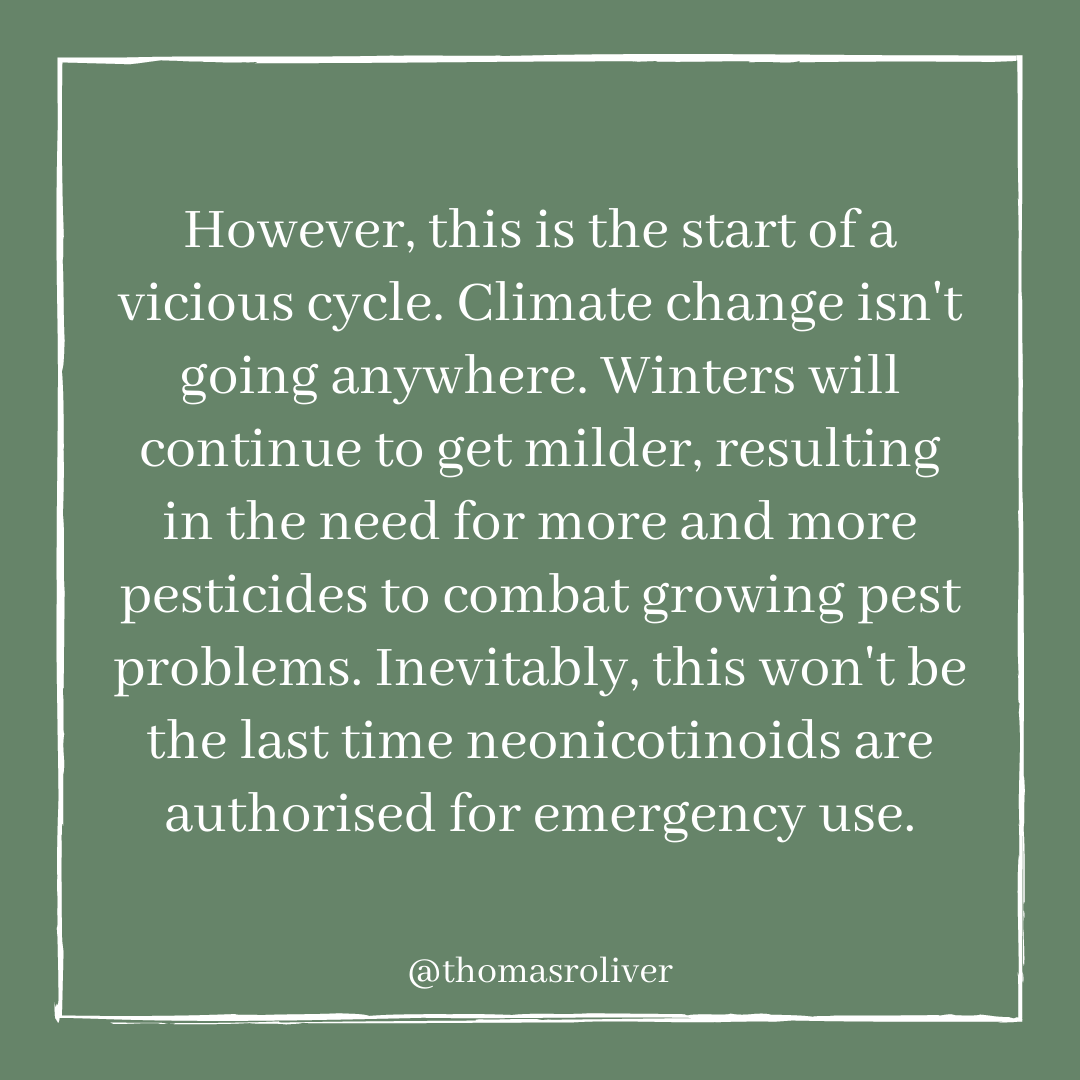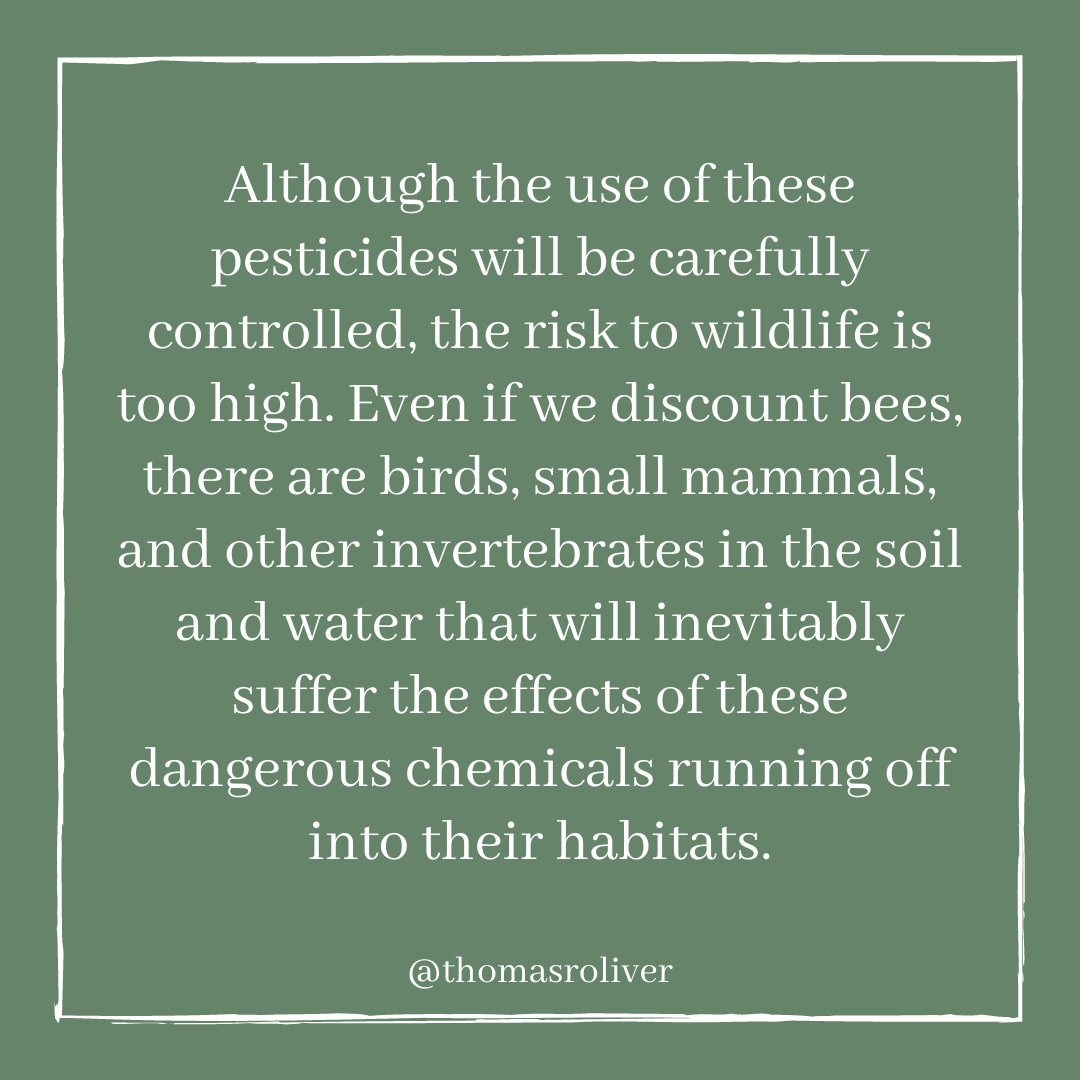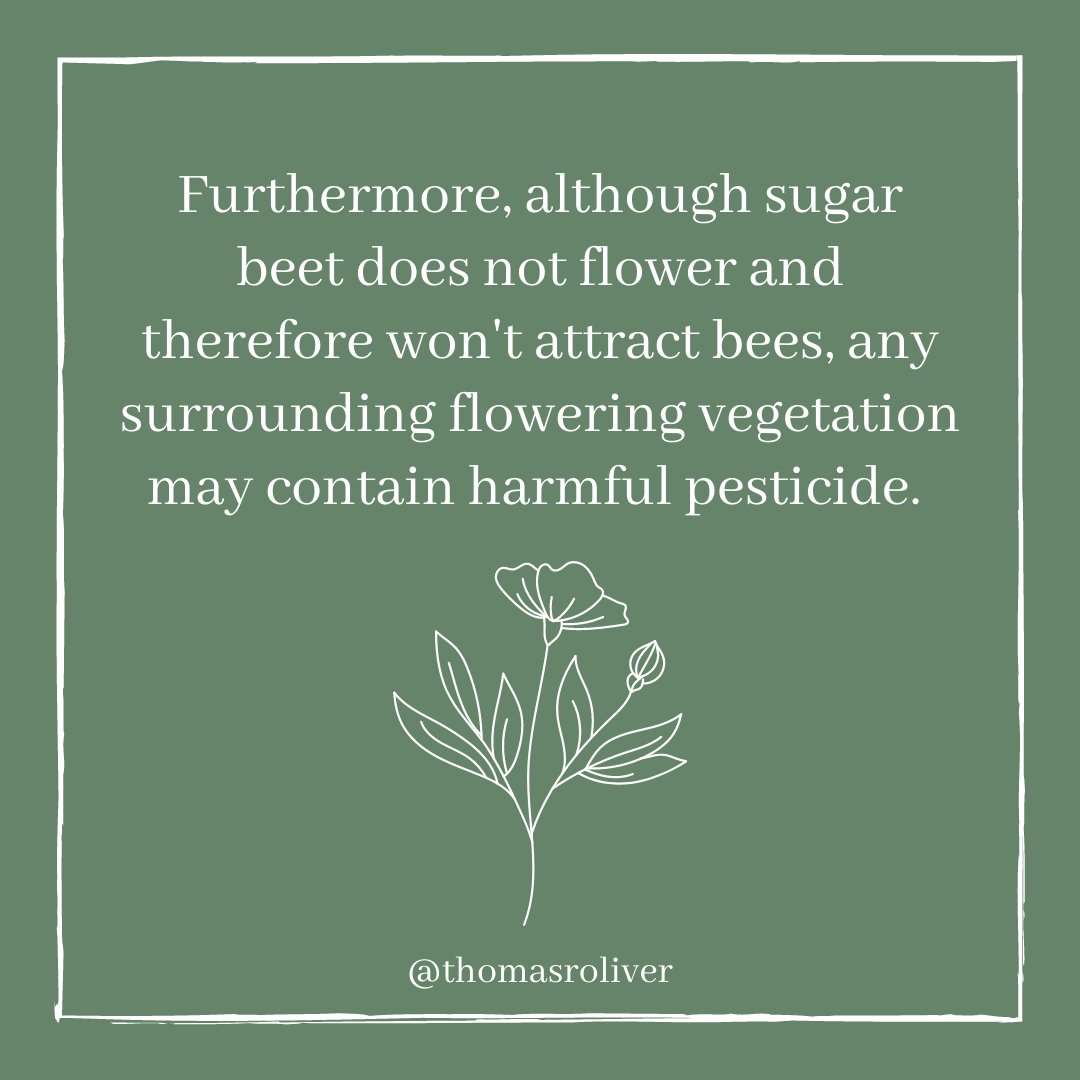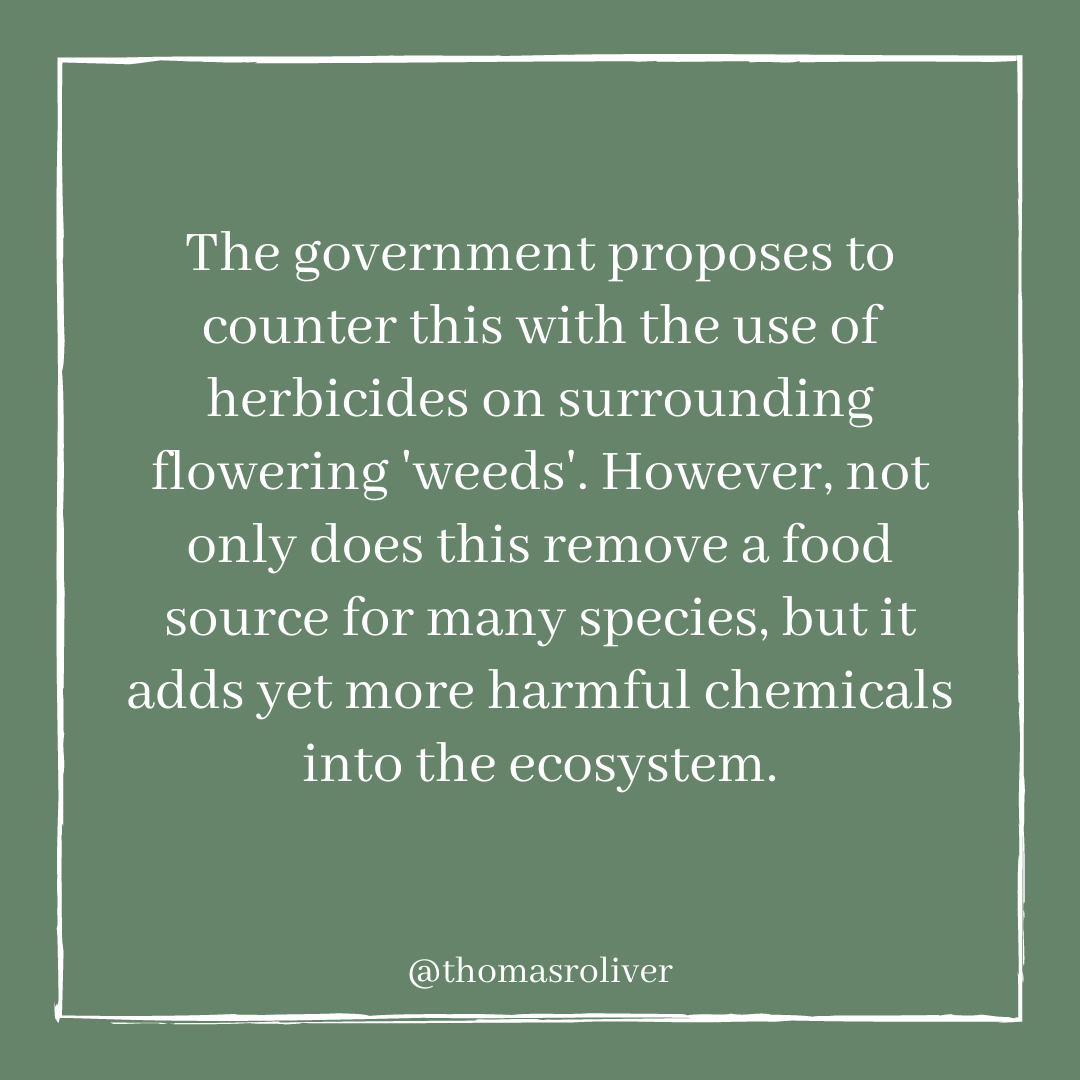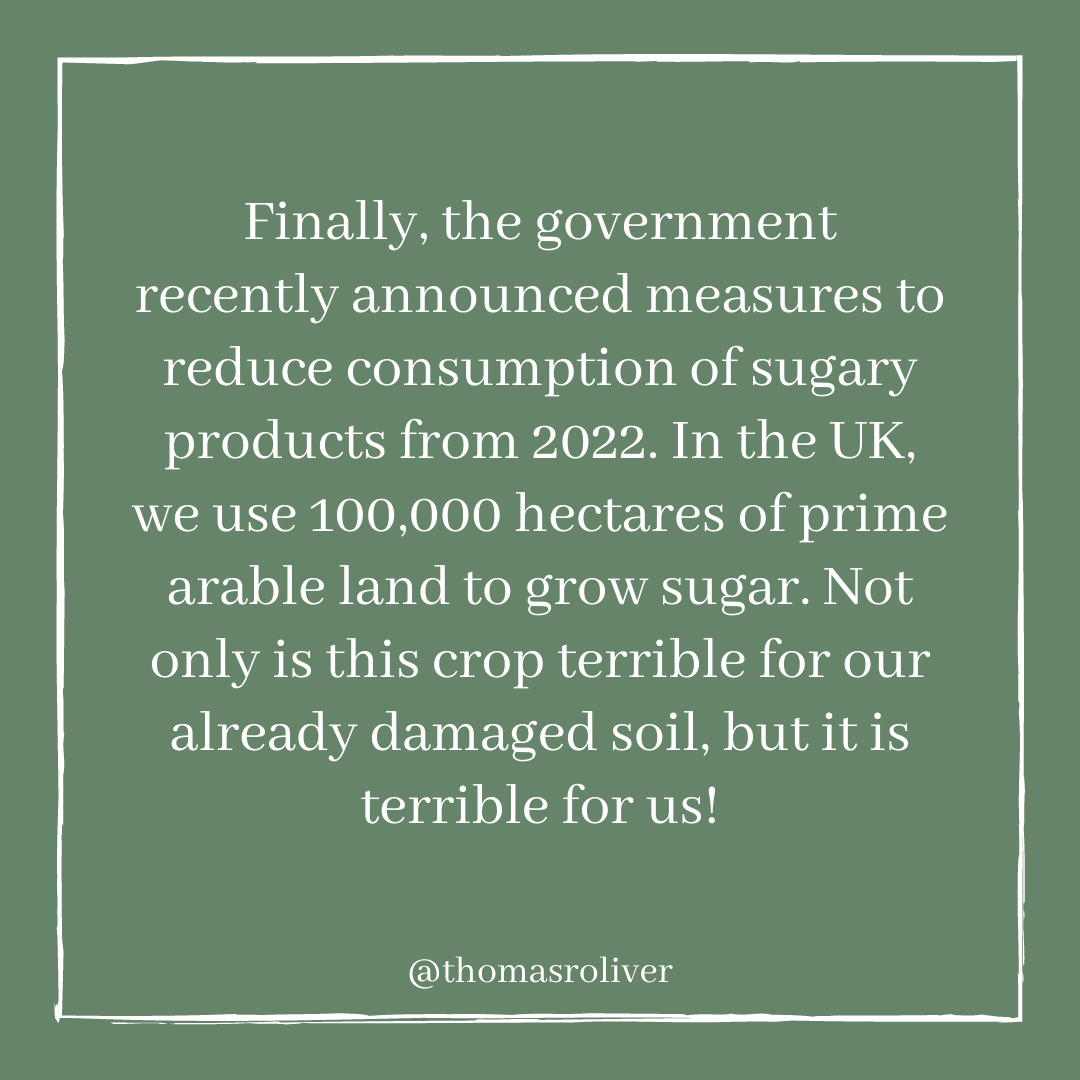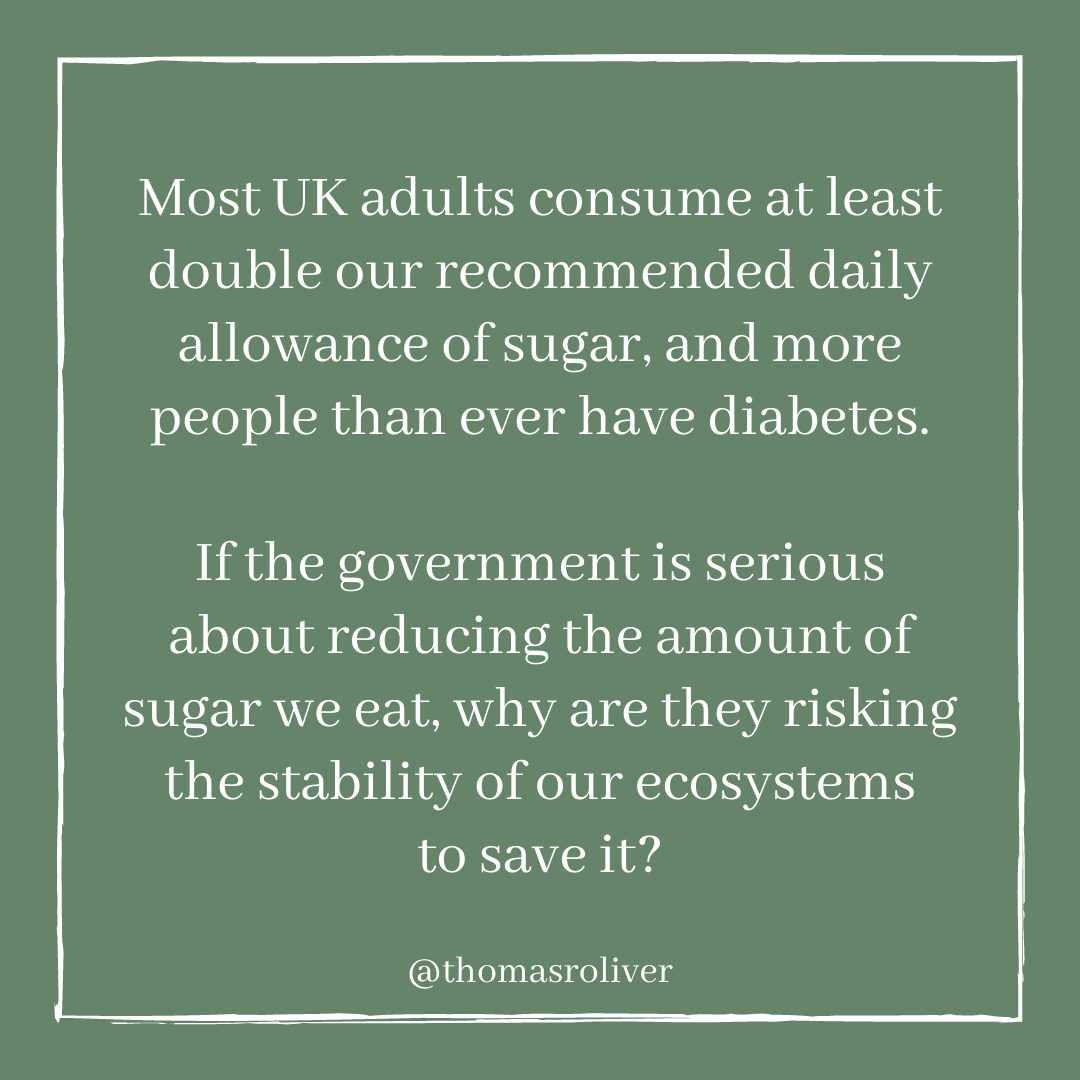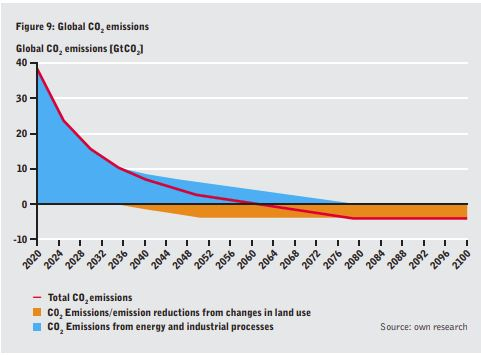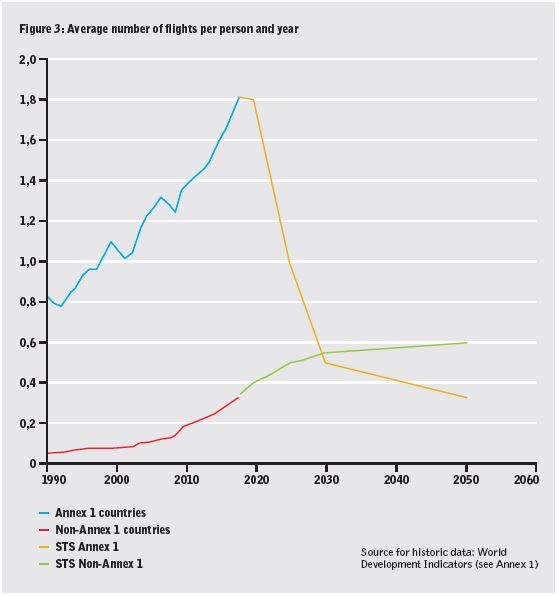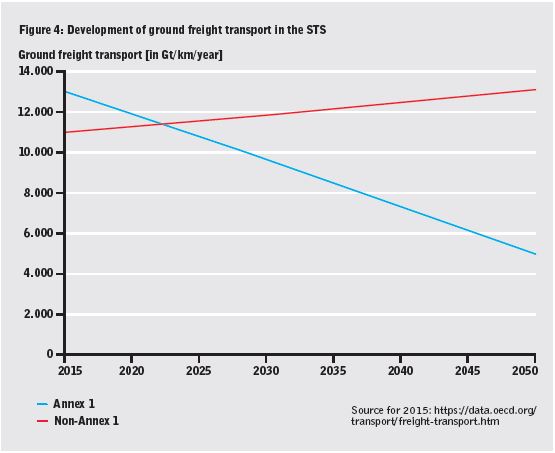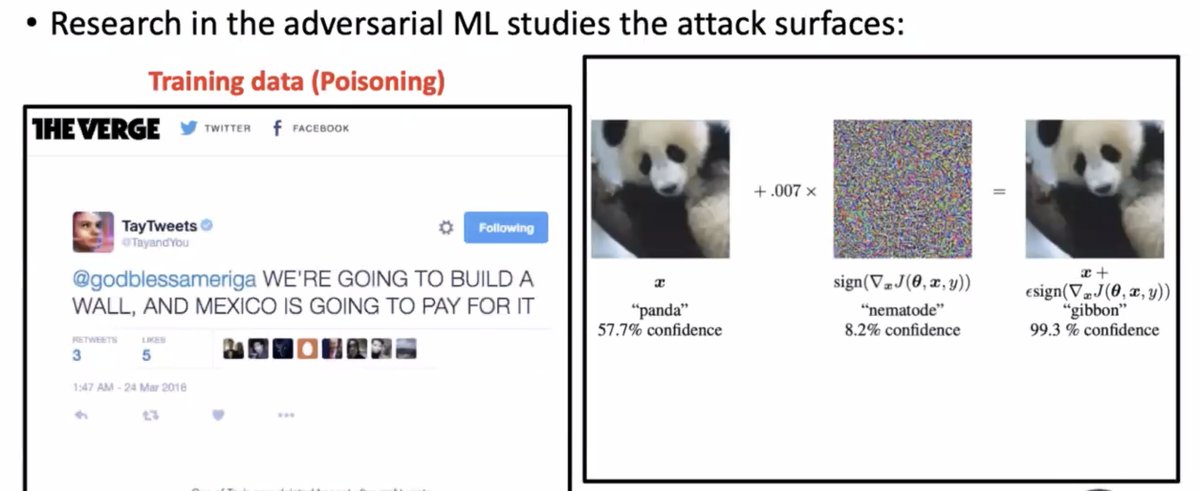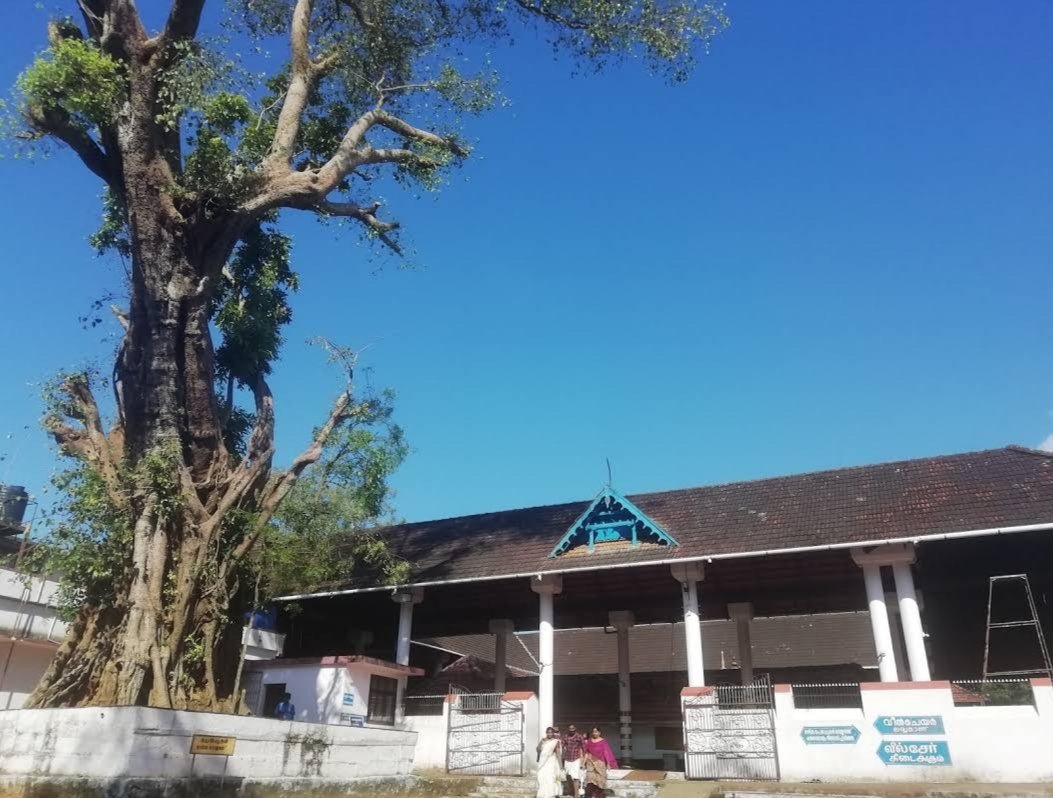Neonicotinoids were banned by the EU in 2018 following multiple scientific studies which proved their severe detrimental impact on pollinators. Effects from neonics include reduced immune function, reduced foraging capabilities, and impaired cognition in bees.
The government has approved neonics for emergency use as a seed treatment on sugar beet. Yields have been impacted by beet yellows, transmitted by aphids. They argue that, because sugar beet does not flower and will not attract pollinators, the risk from neonics is acceptable.
Since the ban on neonics in 2018, the infection rate of beet yellows has increased year on year. Aphid populations have been proliferating due to mild winters, with no agrochemicals to solve the problem.
Sounds like a good case for neonics, right?
But this is the start of a vicious cycle. Climate change isn't going away. Winters will continue to get milder, resulting in the need for more and more pesticides to combat growing pest problems. Inevitably, this won't be the last time neonics are authorised for emergency use.
Although the use of neonics will be carefully controlled, the risk to wildlife is too high. Even if we discount bees, there are birds, small mammals, and other invertebrates in the soil and water that will inevitably suffer the effects of dangerous chemical run off.
Furthermore, although sugar beet does not flower and therefore won't attract bees, any surrounding flowering vegetation may contain harmful pesticide.
The government proposes to counter this with the use of herbicides on surrounding flowering 'weeds'. However, not only does this remove a food source for many species, but it adds yet more harmful chemicals into the ecosystem.
Finally, the government recently announced measures to
reduce consumption of sugary products from 2022. In the UK, we use 100,000 hectares of prime arable land to grow sugar. Not only is this crop terrible for our already damaged soil, but it is terrible for us!
Most UK adults consume at least double our recommended daily allowance of sugar, and more people than ever have diabetes.
If the government is serious about reducing the amount of sugar we eat, why are they risking the stability of our ecosystems to save it?
Thread on the recent decision to remove the ban on neonicotinoids!
@DaveGoulson @GeorgeMonbiot @GretaThunberg
